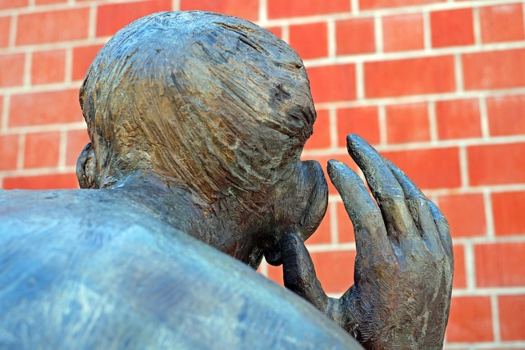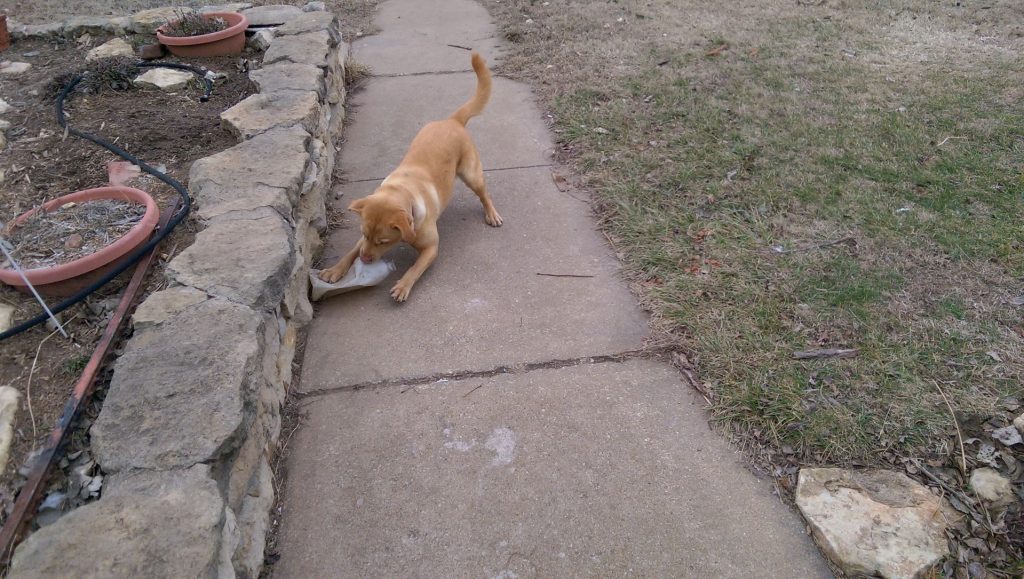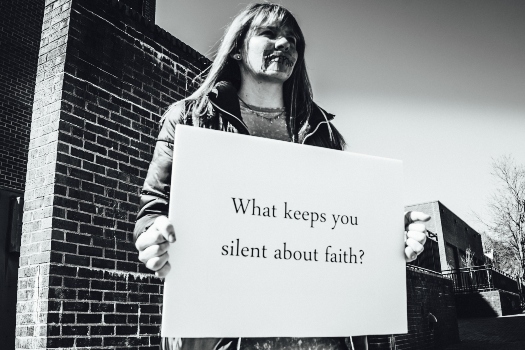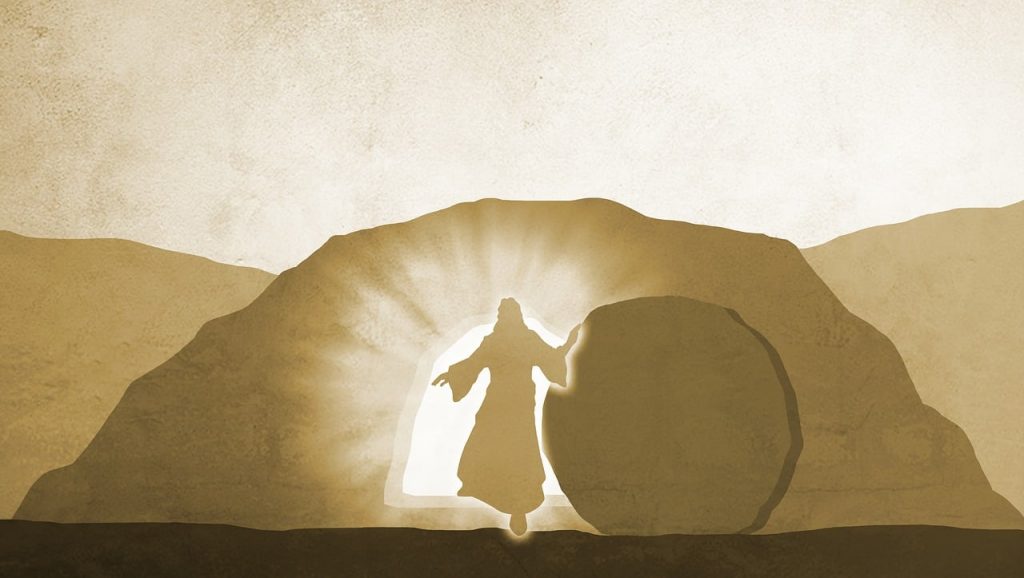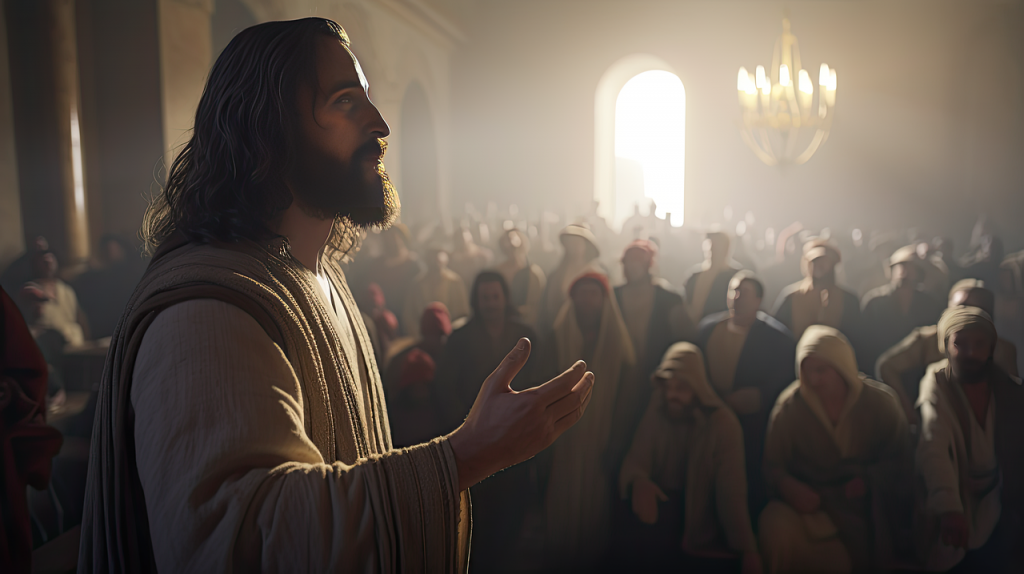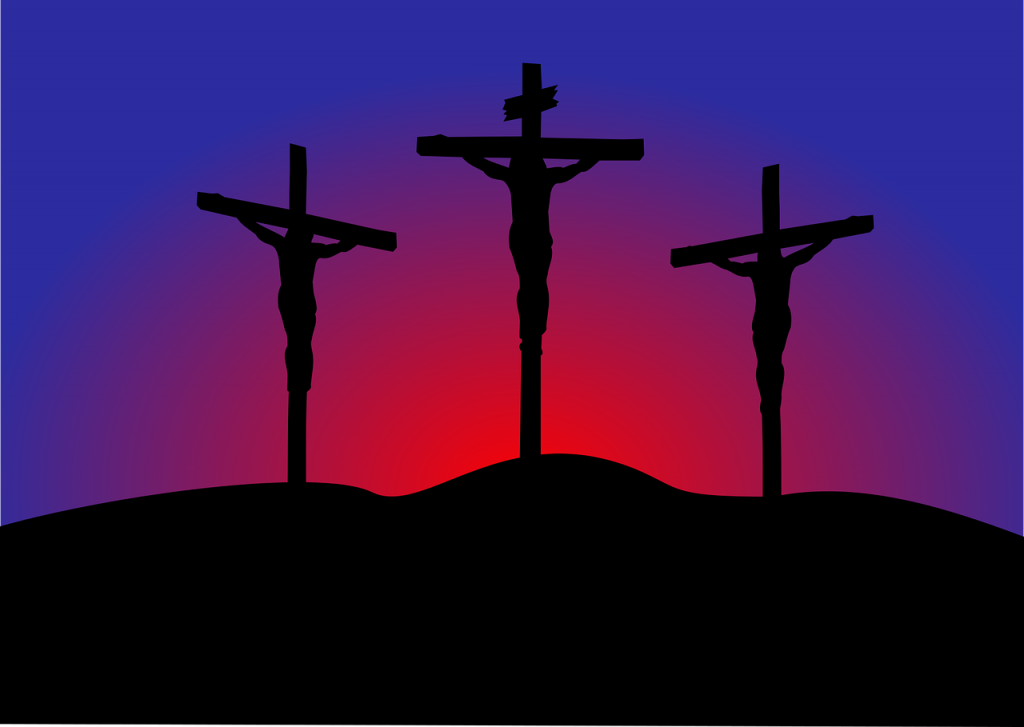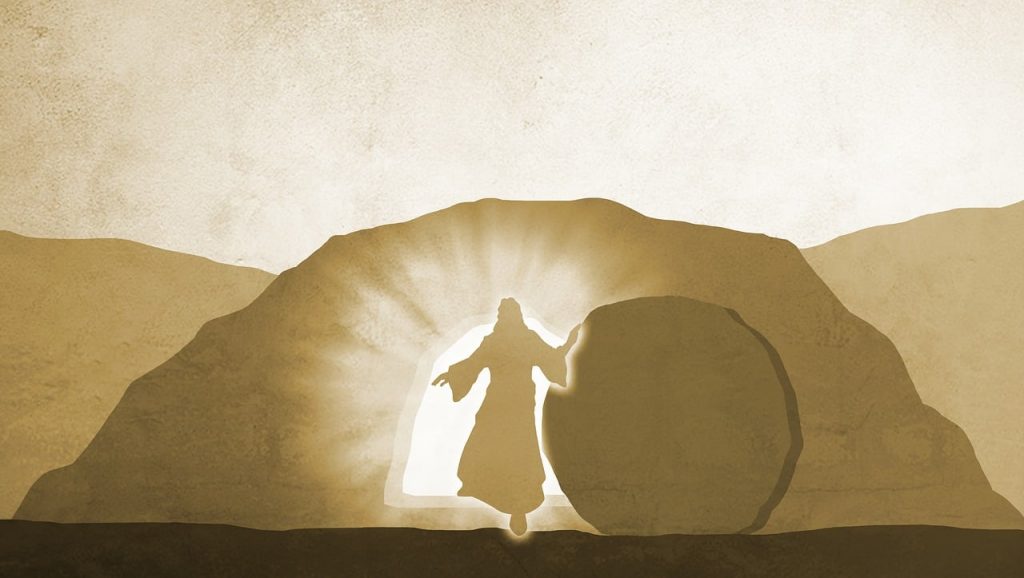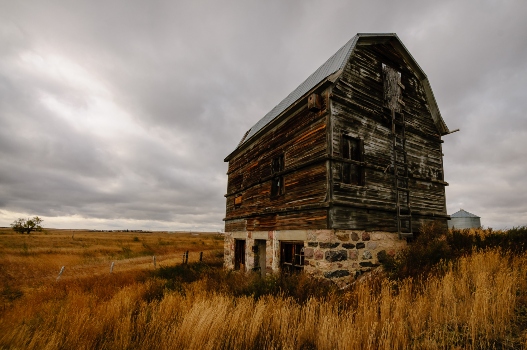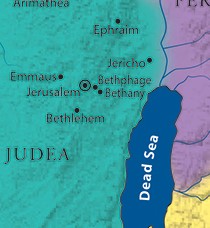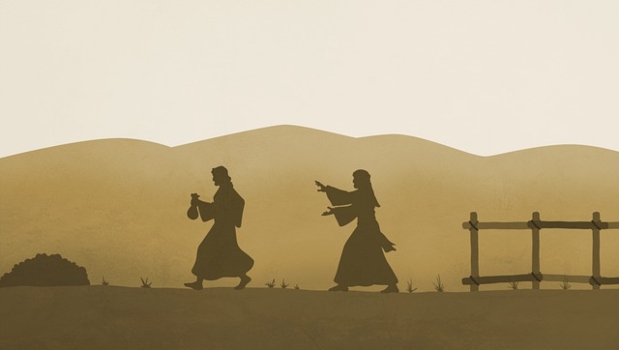It’s Really Not That Hard…It Just Requires a Change of Perspective
I’ve written about communication more times than probably any other topic. This is because I think it is as big or bigger than any other issue out there.

Miscommunication or no communication is due mostly to the fact that we get stuck in our own heads. It only makes sense that we would view things from our own perspective. Add to this that we’re all so busy that we rarely slow down long enough to listen and think.
Just a few weeks ago I wrote about how tricky communication can be (link to 9/27 post) and how a word like wonky can have multiple meanings. If I hadn’t asked some questions and done some research, I would never have realized there were other meanings beyond my own perspective.
I needed a paradigm shift.
A paradigm is a pattern, a model, or representation of the mental image you have in your mind. I first became aware of the term “paradigm shift” through a story in Steven Covey’s book Seven Habits of Highly Effective People.
“I was on a subway in a very large metropolitan city. It was Sunday morning, quiet, sedate. When a bunch of young kids came running into the subway car and their father followed. He sat near me and the kids went crazy on that subway, running up and down, turning people’s papers aside, just raucous and rude. I’m sitting there thinking, ‘I can’t believe this, their father does nothing!’

After a few minutes…, ‘Sir, do you think you could control your children a little? They are very upsetting to people.’
‘Oh yeah.’ He lifted his head as if to come to an awareness of what was happening. ‘Yeah, I don’t know. I just guess I should. We just left the hospital. Their mother died just about an hour ago and I guess they don’t know how to take it and frankly I don’t either.’”
Can you say paradigm shift?
In Acts 10:9-15, Peter was up on a roof at noon praying and was getting very hungry. While the food was being prepared, he fell asleep and had a vision. He saw heaven open, and something came down like a huge sheet held up by its four corners. In it were all kinds of animals, reptiles, and birds. A voice said to him, “Peter, get up! Kill these and eat them.” But Peter said, “Lord, I can’t do that! I’ve never eaten anything that is unclean and not fit to eat. The voice spoke to him again, “When God says that something can be used for food, don’t say it isn’t fit to eat.”
Peter had to shift his thinking from what he had been taught and what he had always believed to be right. He pushed back and God told him three times. It’s more important to listen to what God tells us than what man tells us.
Peter just had a paradigm shift.
We need to be careful to not get too stuck in our own heads and be open to what God is telling us. At the same time, we need to be careful not to take everything we’re told by people at face value. We need to weigh it against what God says.
Like Peter, we need to be willing to shift our thinking if it’s from God. Acts 10:34-48










